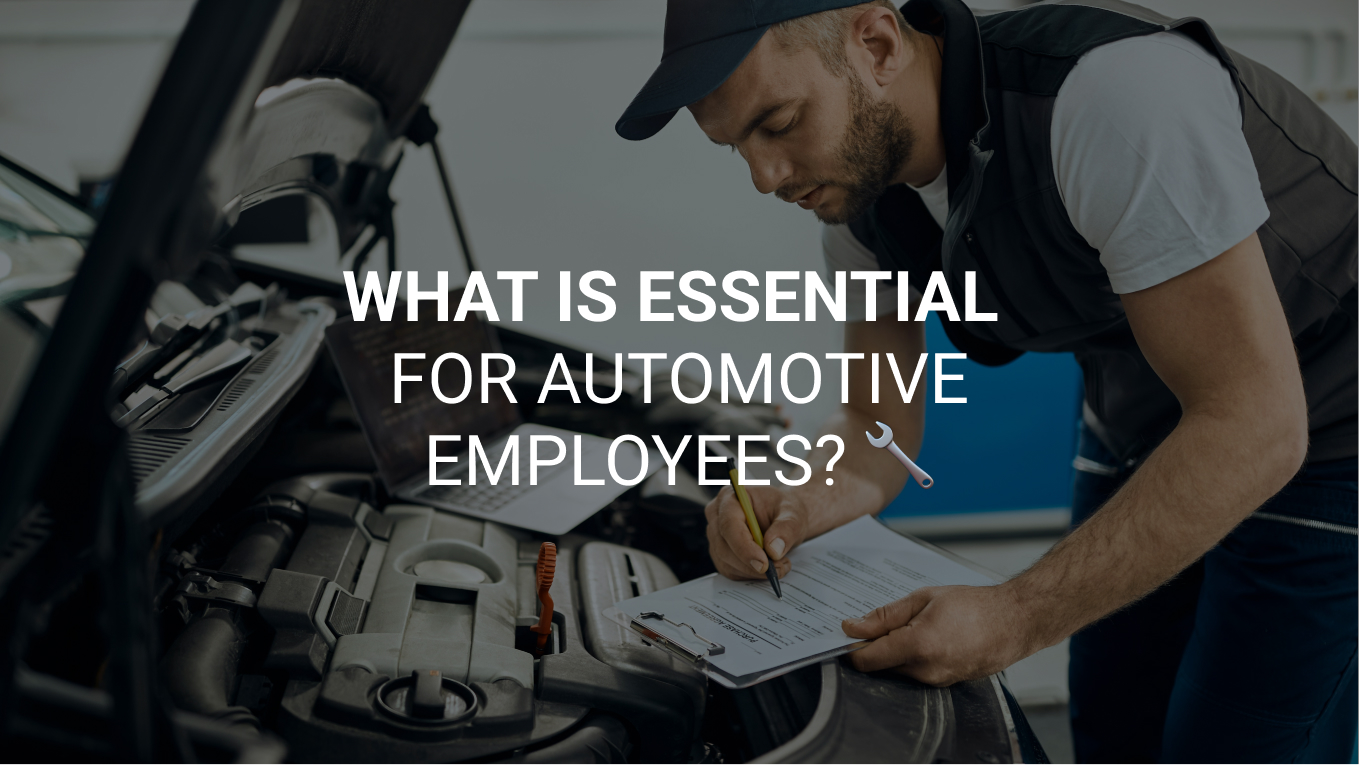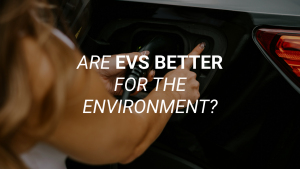Employer Insights: The Real Skills Auto Mechanics Need for EV and Hybrid Vehicle Repair in 2025
 22.09.2025
22.09.2025
 6 mins to read
6 mins to read

The future of automotive repair runs on electricity. Across the UK and Australia, electric vehicles (EVs) are no longer a novelty. By 2025, they will make up a significant share of new car sales, and their presence in independent garages is steadily rising. But with this shift comes a new challenge: the people tasked with repairing and maintaining these vehicles are in short supply.
To better understand what this transition means, we spoke with the EV technical lead at a mid-sized independent workshop. We asked him what employers truly expect from mechanics in 2025. And it turns out that they look for not only the obvious requirements, but also the less visible skills that make a candidate stand out. Read on to find out what they are.
How urgent is the demand for EV -skilled mechanics in 2025?
It is critical, there’s no other word for it. Every month, the proportion of EVs in our workload increases. Customers expect us to fix them with the same speed and certainty as a petrol car, but the truth is, you can’t even open up the bonnet safely without the right qualifications. A single mistake with a high-voltage battery can be life-threatening. The skills shortage isn’t a problem for the future – it’s here, right now.
What are the must-haves for someone applying to work in your workshop?
The starting point is formal certification. In the UK, that usually means an IMI Level 3 Award in Electric/Hybrid Vehicle System Repair and Replacement. Without it, you can’t legally work on high-voltage systems, so for us, it is a hard requirement. But paper qualifications aren’t enough.
We need candidates who’ve had their hands on real EVs – whether that’s during an apprenticeship, manufacturer training, or time in a dealership. When someone tells me they have done thermal runaway drills or practiced emergency shutdowns, I know they are not going to freeze under pressure. That’s exactly the type of people we are looking for.
Safety is our baseline. If you can’t demonstrate safe working practices, from using insulated tools to knowing how to isolate a battery, then we can’t trust you in the bay. But once that’s in place, what sets candidates apart is confidence with diagnostics. These cars are rolling computers. Mechanics who are comfortable plugging into systems, interpreting error codes, and working with software updates are a step ahead.
You have mentioned diagnostics and digital skills. How big a shift is that compared to traditional technicians?
It’s a massive shift. Think about it: with combustion engines, so much of the work was mechanical. You listened to a noise, you checked a belt, you replaced a gasket.
With EVs, mechanical wear is less of a focus. Instead, its sensors, control units, and software glitches. A mechanic today is as much a software user as they are a spanner user. We are not asking people to code, but if you panic when a laptop comes out, you will not last. Digital literacy is becoming just as important as knowing how to replace brake pads. The auto sector globally is scrambling to retool its workforce to handle this software-heavy future.
Beyond the obvious auto qualifications and skills, are there qualities you look for that candidates might not expect?
Interesting question, to which an answer is: absolutely. One that surprises people is communication. A good EV mechanic has to be a translator, turning technical jargon into language that everyone can understand. If you can calm someone down and explain why their charging problem is software-related and not a catastrophic battery failure, you are adding real value.
Another area is flexibility. We need technicians who can problem-solve with limited resources, sometimes without immediate access to OEM tools or manuals. That adaptability is gold.
And then there’s versatility. Right now, most EVs we service are passenger cars. But heavy electric vehicles such as buses, trucks, and delivery vans are coming. Working on those requires different physical equipment, different safety procedures, and often a team approach. We’re looking for people who are ready to grow into that space.
That’s a wide skillset. Do you think the industry is doing enough to prepare mechanics for this?
Honestly, we’re playing catch-up. Training programs are expanding, and apprenticeships are increasing and that’s positive. But the gap is still there. Workshops like ours are investing in simulator-based training because it’s safer to practice isolating a high-voltage battery in a controlled environment before you do it on a customer’s car. That sort of training needs to be more widely available.
The bigger issue, though, is awareness. Too many young people still think of mechanics as greasy, oily jobs. We need to show them it’s high-tech, safety-critical, and offers a long career path.
If you could give advice to someone starting out in the garage, what would it be?
I’d say: don’t see yourself as ‘just a mechanic.’ You’re a hybrid of technician, safety officer, and customer advisor. Stay curious, stay flexible, and don’t shy away from learning. Whether it’s passenger EVs, HGVs, or new battery chemistries, the technology will keep changing. The ones who thrive will be those who adapt quickly and keep learning.
The road ahead for electric car repair skills
The rise of EVs is reshaping workshops in the UK, Australia, and the rest of the world. Employers like those from our interview demand more than just spanner skills. They want certified technicians who can safely work with high-voltage systems, use advanced diagnostics, and navigate software-driven repairs. But they also prize qualities that are less obvious: the adaptability to work in underserved regions, and the readiness to tackle heavy electric vehicles as fleets electrify.
The message here is clear: training and certification are essential, but so is versatility. The EV workshop of 2025 is no longer about fixing engines. It is about mastering technology, ensuring safety, and building trust with every customer who drives in.






